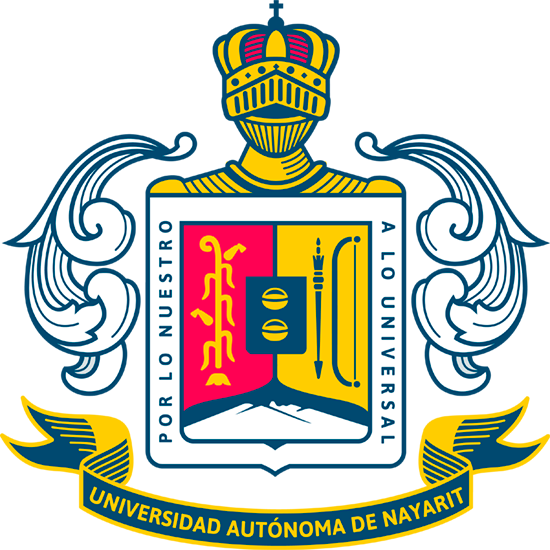Abstract
Fusarium falciforme and Lasiodiplodia theobromae are the main root and stem fungal pathogens in soursop trees (Annona muricata L.) in Nayarit, Mexico. To date, the producers of this fruit in the region do not have effective strategies to control this pathology. Therefore, the main objective of the research was to evaluate in vitro the biocontrol potential of antagonistic Trichoderma strains and the efficacy of conventional fungicides. Thirteen strains of Trichoderma were evaluated in vitro against F. falciforme and L. theobromae. Likewise, the sensitivity of both pathogenic fungicides to eight commercial fungicides was evaluated in vitro. The strains of T. hanamatum and T. asperellum inhibited the mycelial growth of F. falciforme in vitro up to 75.31%. On the other hand, Mancozeb was the only fungicide that completely inhibited (100%) the in vitro mycelial growth of both phytopathogens. The results suggest the potential use of both control strategies for the suppression of these root and stem diseases in soursop. It is suggested to conduct additional studies related to the possible synergistic effects of the combination of both strategies in the prevention and control of this fungal disease in A. muricata.

Revista Bio Ciencias by Universidad Autónoma de Nayarit under Creative Commons Attribution-NonCommercial 3.0 Unported License.
Based on work of http://biociencias.uan.edu.mx/.
Further permits not covered by this licence can be found at http://editorial.uan.edu.mx/index.php/BIOCIENCIAS.






